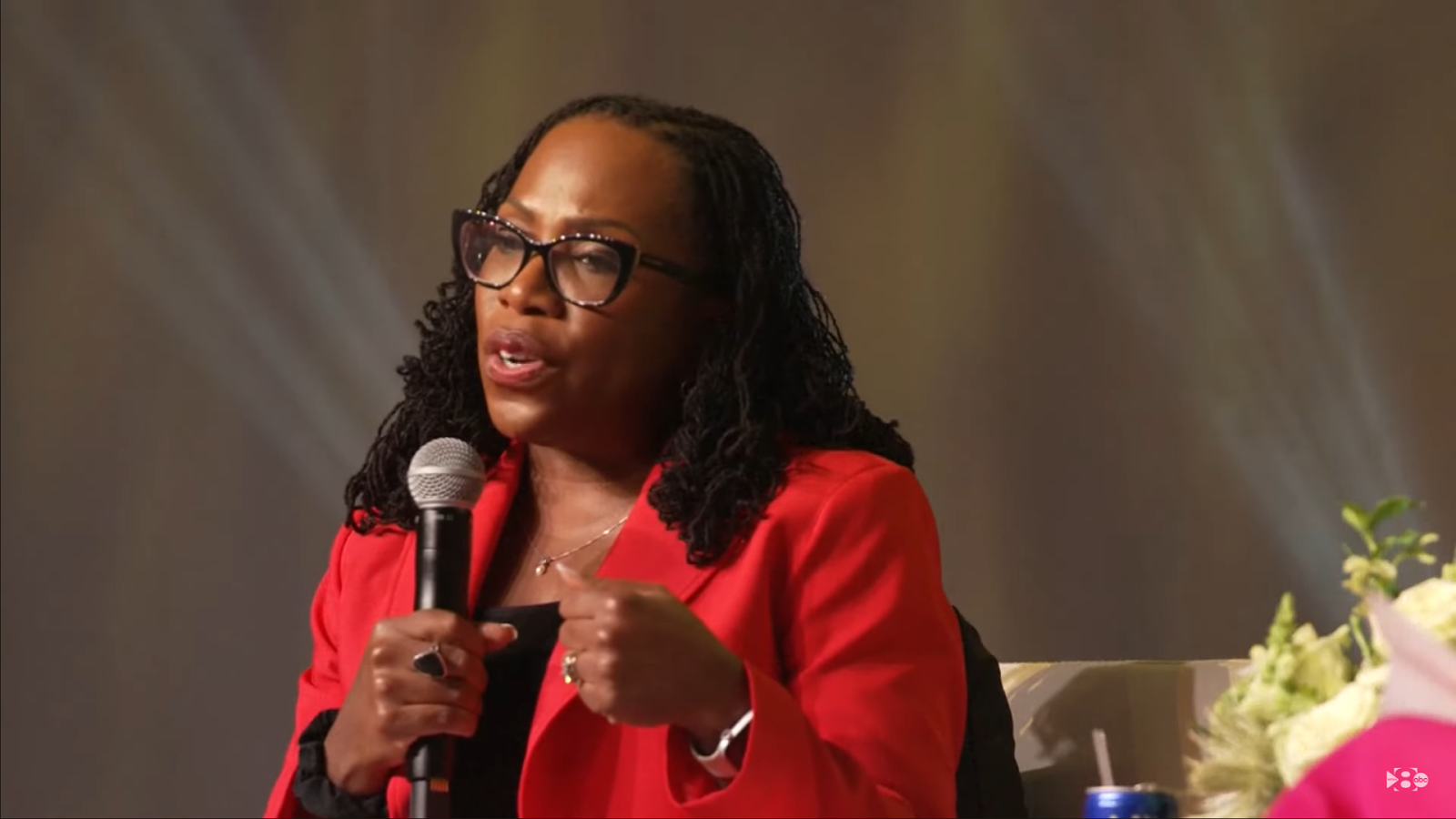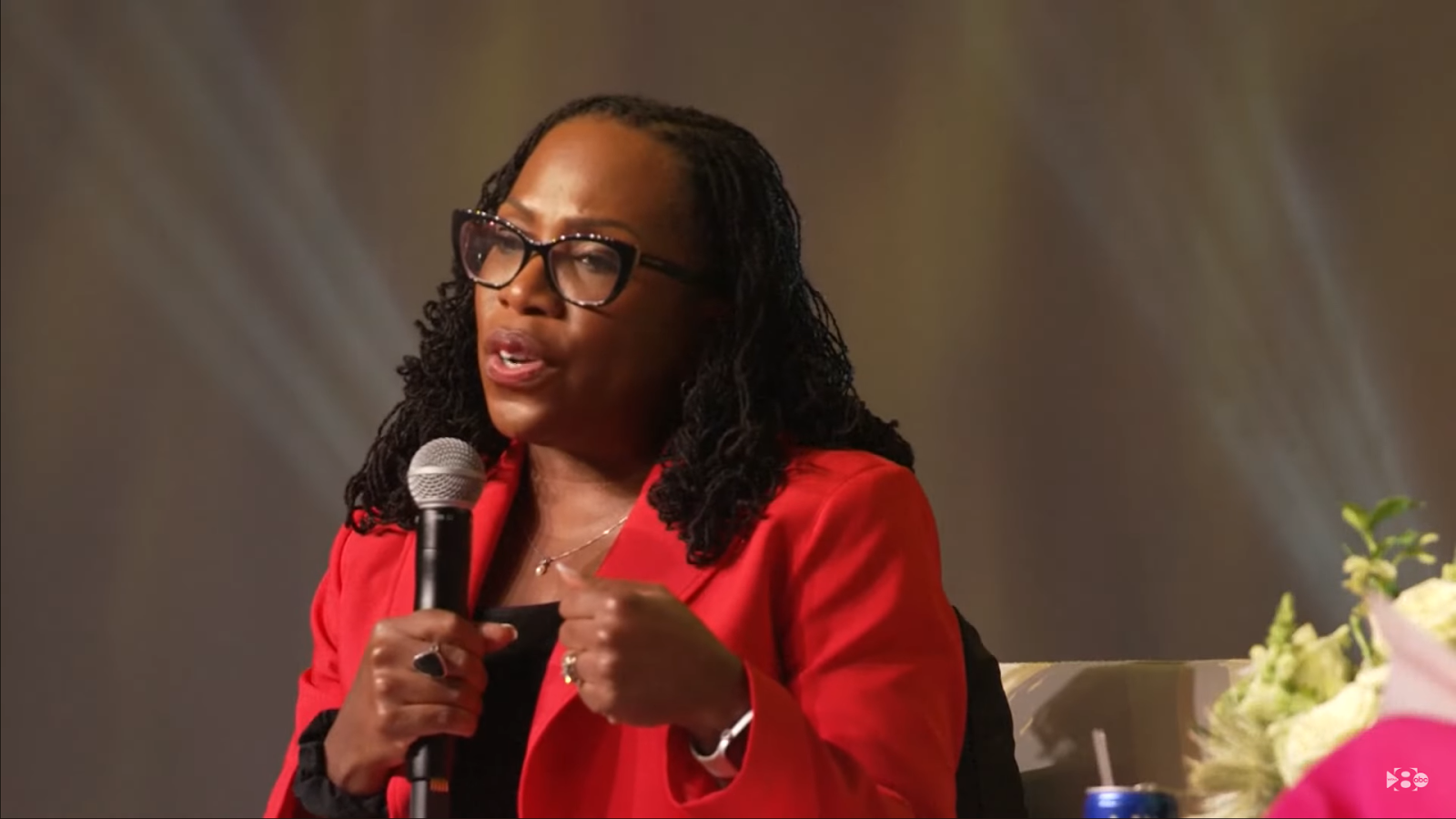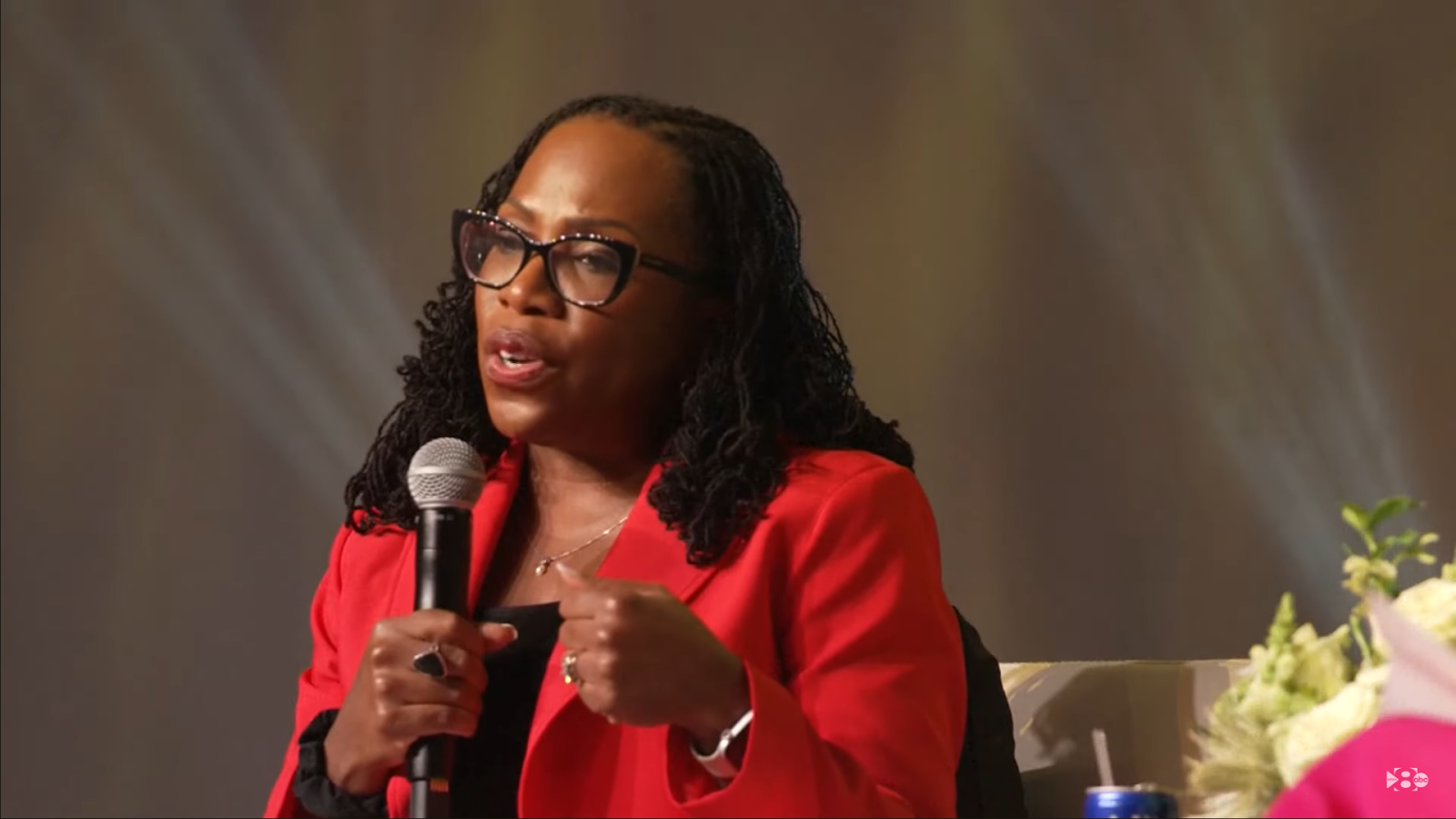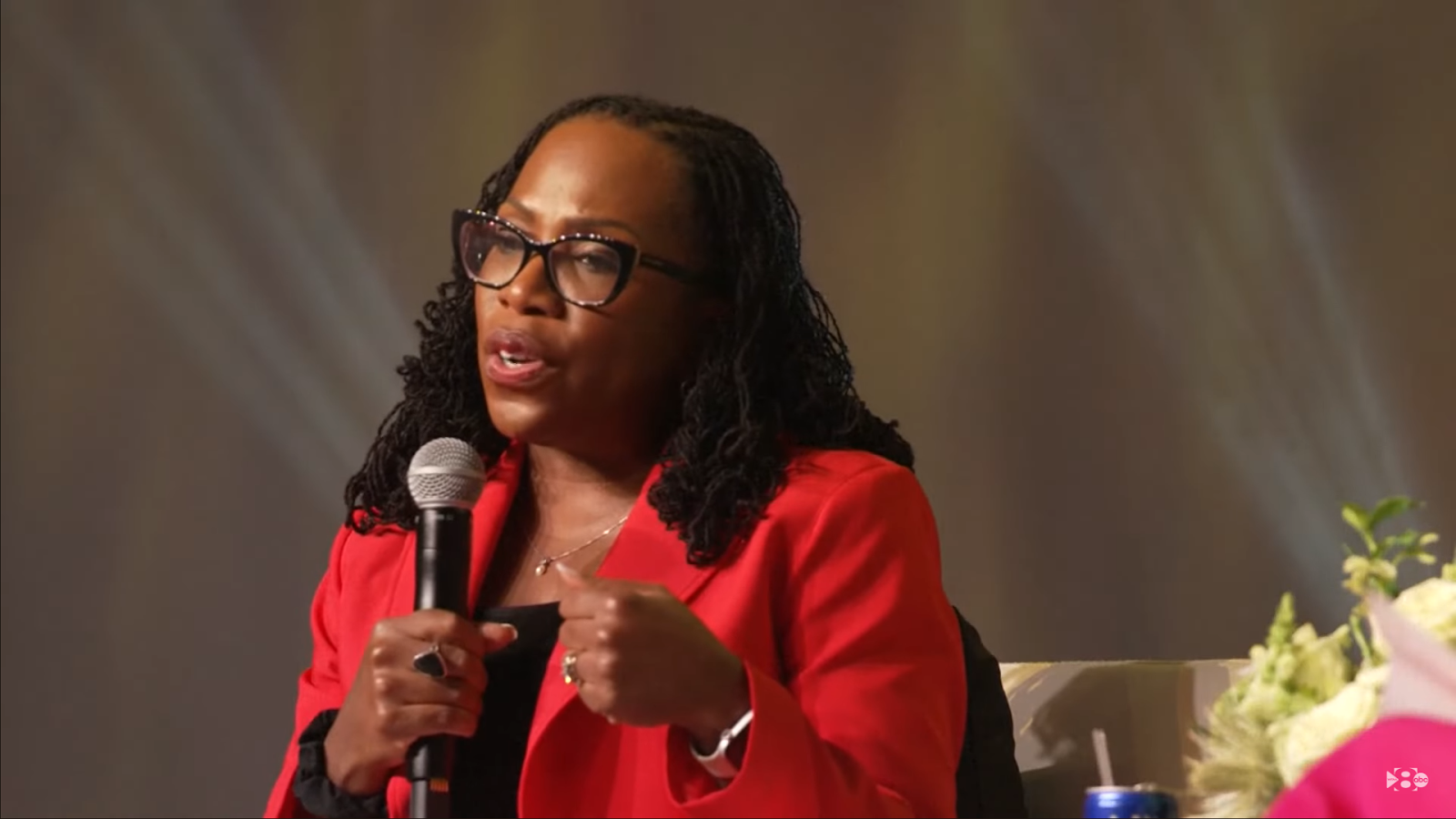The Supreme Court’s recent decision to temporarily stay a lower court’s block on the National Institutes of Health’s (NIH) efforts to terminate diversity, equity, and inclusion (DEI)-related contracts has drawn scrutiny, particularly regarding Associate Justice Ketanji Brown Jackson’s dissenting opinion. The ruling, which occurred on August 22, 2025, was decided by a narrow 5-4 vote, with Jackson joining Chief Justice John Roberts and Justices Sonia Sotomayor and Elena Kagan in opposition to the majority’s stance favoring the Trump administration.
In her dissent, Jackson authored a 21-page opinion, which was notably longer than the combined opinions of her colleagues. Critics argue that her writing style and tone reflect a departure from the traditional collegiality expected among justices. Jackson characterized the majority’s decision as the “newest iteration” of the Court’s “lawmaking on the emergency docket,” suggesting it undermines established legal principles.
“Stated simply: With potentially life-saving scientific advancements on the line, the Court turns a nearly century-old statute aimed at remedying unreasoned agency decisionmaking into a gauntlet rather than a refuge,” Jackson wrote.
This dissent is not an isolated incident. Observers have noted that Jackson’s opinions often reflect a more activist approach, which some believe prioritizes media appeal over legal clarity. Critics, including legal analysts and commentators, have suggested that her focus on style detracts from the substance of her arguments.
In contrast, Justice Clarence Thomas has emphasized the importance of making judicial opinions accessible to the general public. In a 2018 interview, he stated, “Genius is not putting a … 10-cent idea in a $20 sentence. Genius is putting a $20 idea in a 10-cent sentence. It is to make it [as] accessible as possible to average people.”
Supporters of Jackson argue that her dissent reflects a necessary challenge to the majority’s decisions, particularly in cases involving public health and equity. They contend that her perspective is vital in a Court that often leans conservative, and that her willingness to speak out is a sign of strength.
However, the absence of co-signers on her dissent from other justices, including those who share similar ideological views, raises questions about her approach. Even Justices Sotomayor and Kagan, who often align with Jackson on social issues, chose not to endorse her tone or style in this instance.
The implications of Jackson’s dissent extend beyond the immediate case. Legal experts suggest that her approach may influence how future opinions are crafted and received, particularly in a politically charged environment. As the Court navigates complex issues surrounding public health and administrative authority, the balance between judicial activism and restraint remains a critical point of discussion.
As Jackson continues her tenure on the Supreme Court, her ability to engage with both her colleagues and the public will likely shape her legacy. Critics maintain that her current trajectory may hinder her credibility, while supporters argue that her voice is essential in advocating for progressive values within the judiciary.
READ ICE Arrests Convicted Criminals in Nationwide Operation



